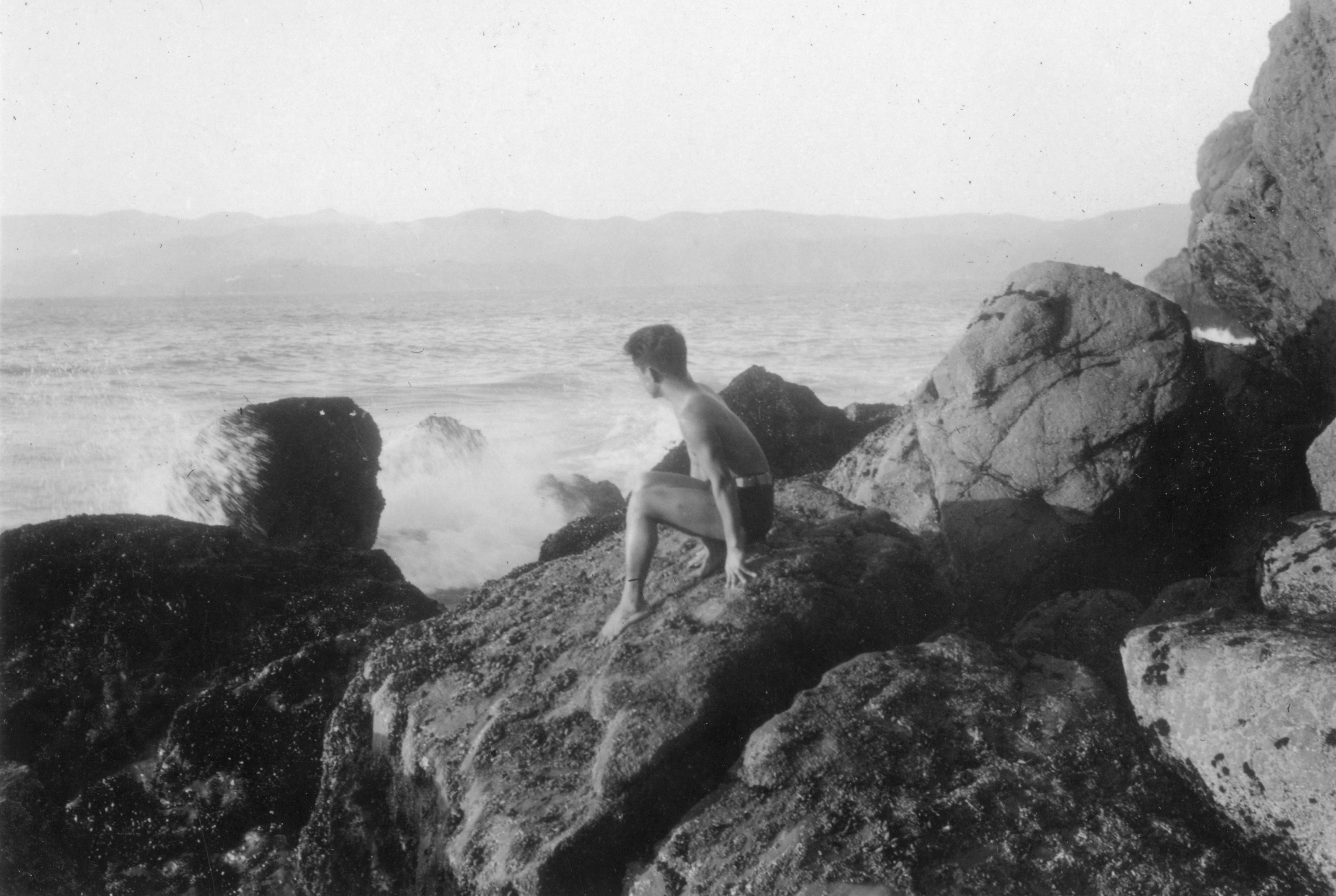Introduction
Hello, my name is Andrew Weymouth and I have worked with the University of Idaho Library as the Digital Initiatives Librarian in the Center for Digital Inquiry and Learning (CDIL) department since the fall of 2023. My work generally consists of creating and maintaining our digital collections, working with CDIL fellows, helping to rethink processes and introducing new digital scholarship tools to the department
✺

Alaskeros
In the summer of 2023, I was given the opportunity to write an article for an organization named Maritime Washington on Filipino migratory laborers who travel between mainland America and the salmon canneries of Alaska, known as Alaskeros. Maritime Washington is facilitated by the Washington Trust for Historic Preservation and committed to:
“Sharing diverse stories and increasing visibility of Washington’s maritime past and present… and preserving our region’s unique maritime identity, resources, and lifeways.”
I was introduced to Maritime Washington through my previous position as the Digital Media Editor for Washington state digital encyclopedia HistoryLink and brought independent experience writing and creating digital scholarship projects about labor, underrepresented communities and surveying equity in special collections.
The goal of the article was to write a non-academic history of the Alaskeros, and salmon canneries in Washington State more generally, using resources from the Filipino American National Historical Society, a non-profit community archive that has been active since 1982.
✺
Presentation Objectives
In this discussion, I’d like to explore how librarians and archivists can engage and promote the work of community archives, being mindful that ‘best practices’ are not universal and how academic judgments have deeper implications when exploring a community archives as an outsider. In addition, I’ll detail some techniques I used to research community archive materials that lack traditional metadata and offer some observations that may be helpful to others.